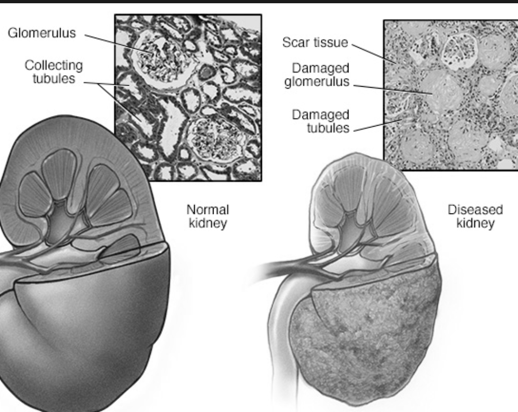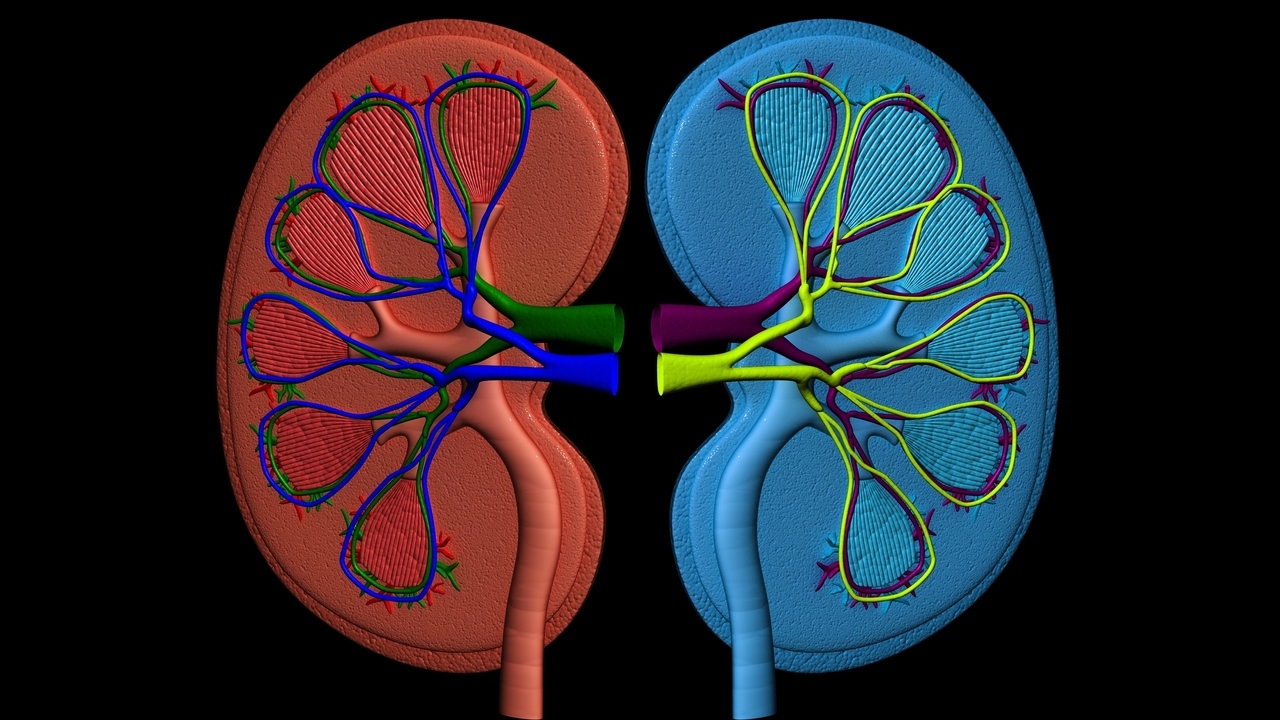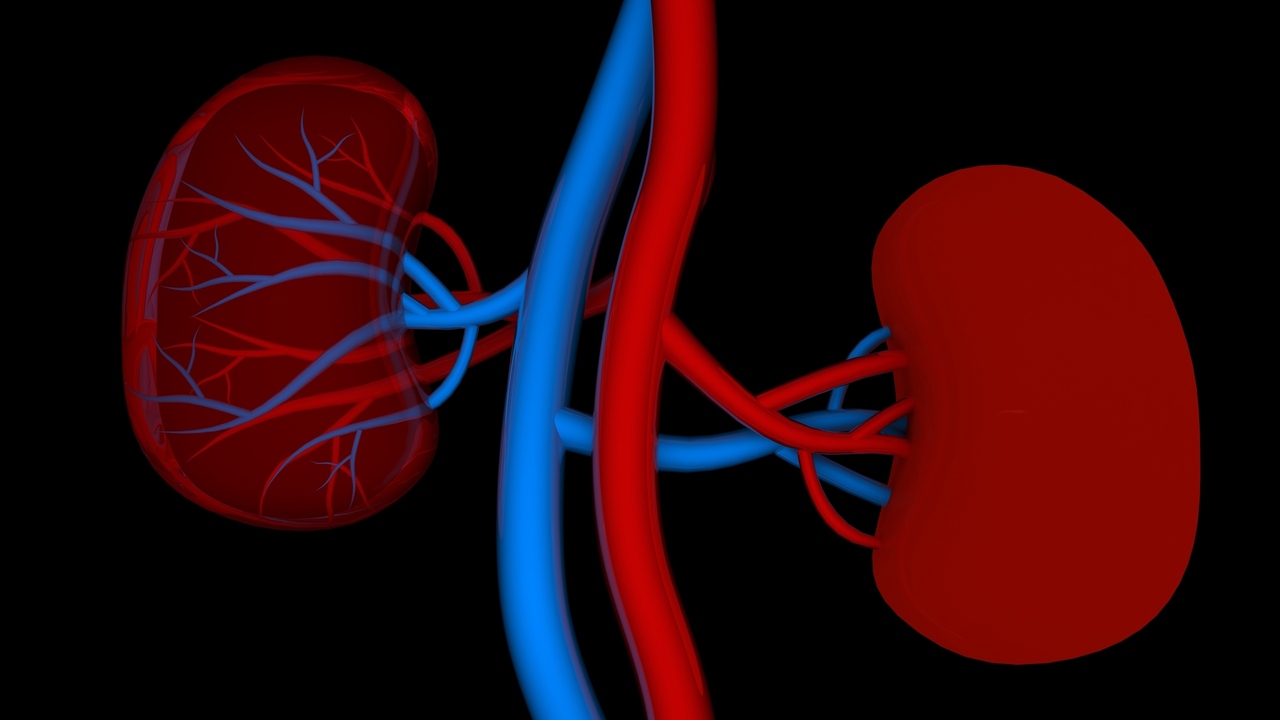 Andy Dean Photography/PhotoSpin
Andy Dean Photography/PhotoSpin
Drinking alcohol affects many parts of the body. Generally speaking, one or two drinks, now and then, have no serious consequences. But heavy drinking does. One area that can be hit hard is the kidneys.
Just what do our kidneys do? One of their major functions is to filter our blood. Kidneys remove anything the body no longer needs. Astonishingly, a healthy kidney can filter around 200 quarts a day, according to AlcoholAnswers.org.
In addition to filtering blood, kidneys do other important tasks. They regulate the volume and composition of body fluid. Excess body fluid is excreted as urine. Urine carries out the materials no longer needed from the body.
Kidneys also help form cells by bringing in nutrients and providing stable conditions for these cells to function.
Drinking alcohol can get in the way of all of this.
Alcohol can damage your kidneys in many ways, from harming cells and enlarging the kidneys themselves, to affecting the various hormones that control kidney function and creating an ionic fluid imbalance in the body.
Sodium, potassium, phosphate and magnesium are types of electrolytes. They make up the body’s ionic fluid. As mentioned our kidneys regulate this fluid. Alcohol disrupts this ability.
Alcohol increases urine production by slowing the release of the antidiuretic hormone. Just like it sounds, this means that alcohol acts like a diuretic. You urinate more — a lot more. This in turn can change the body’s fluid level and disturb the electrolyte balance causing the ionic fluid imbalance.
When you urinate more and disturb the electrolyte balance, the concentration of electrolytes in the blood increases. This can result in dehydration.
Alcohol also makes it difficult for our kidneys to filter harmful substances from blood. Alcohol is actually one of those substances. It can cause changes in kidney function and make them less able to filter your blood.
Chronic alcohol drinking can cause liver diseases. Liver diseases can have even more negative consequences on the kidneys, such as kidney failure.
Studies have found that heavy drinking on a regular basis can double the risk for kidney disease, according to the National Kidney Foundation. They caution that having more than three drinks in a day for women, and more than four drinks a day for men, is considered heavy drinking.
Binge drinking can wreak havoc on the kidneys as well. That type of drinking can cause acute kidney injury, also called acute renal failure . This is a sudden drop in kidney function.
People with acute kidney injury may need dialysis until their kidney function returns to normal. Acute kidney injury usually goes away in time, but in some cases, it can causes lasting kidney damage, NKF reports.
It is important to drink in moderation. NKF recommends that men limit their alcohol intake to one to two drinks a day. Women, and anyone over the age of 65, should limit it to one drink a day.
Sources:
"Alcohol and Your Kidneys." - The National Kidney Foundation. Web. 22 Mar. 2015.
https://www.kidney.org/atoz/content/alcohol
Rennie, LPN, S. "Kidneys." Alcohol and Health: Alcohol and Diabetes. Web. 22 Mar. 2015.
http://www.alcoholanswers.org/alcohol-education/health-topics/alcohol-and-kidneys.cfm
Lang, Constance. "Effects of Alcohol on Kidneys." EHow. Demand Media, 18 Mar. 2009. Web. 22 Mar. 2015.
http://www.ehow.com/facts_4854934_effects-alcohol-kidneys.html.
"Interactive Body Content." Examples of Alcohol's Effect on Organ Function. Web. 22 Mar. 2015.
http://www.collegedrinkingprevention.gov/collegestudents/anatomy/body_nonflash.aspx
Reviewed March 30, 2015
by Michele Blacksberg RN
Edited by Jody Smith





Add a CommentComments
There are no comments yet. Be the first one and get the conversation started!